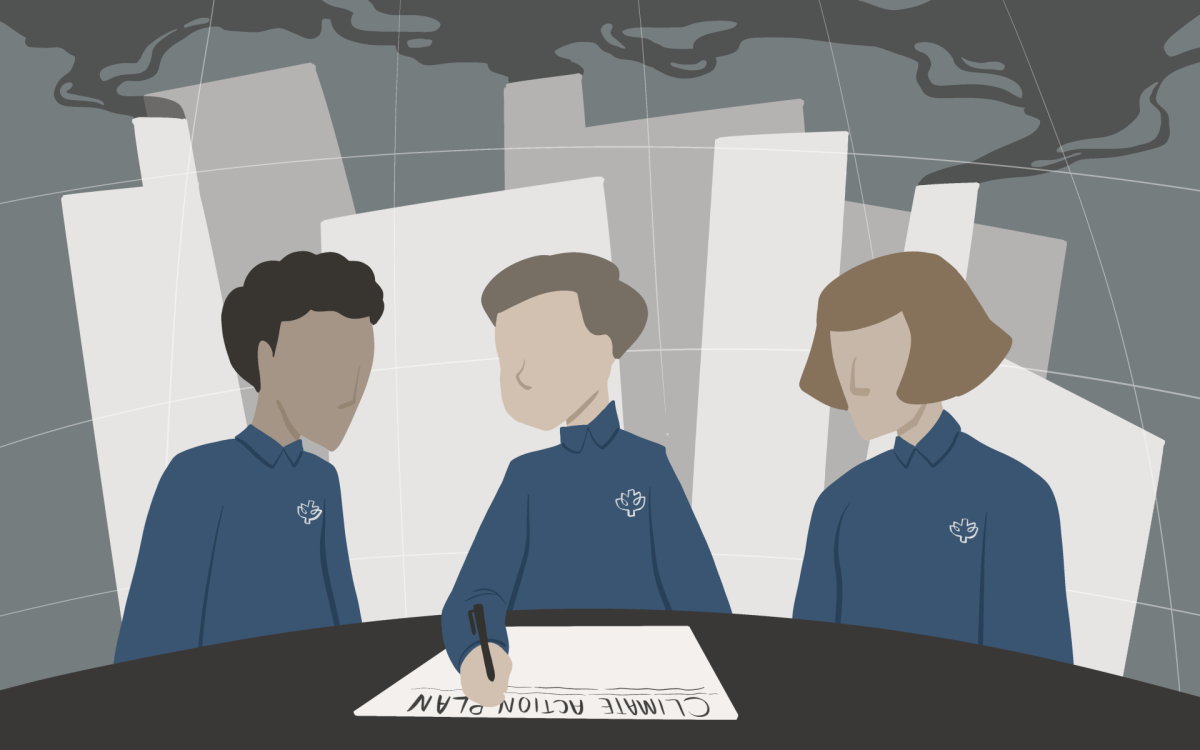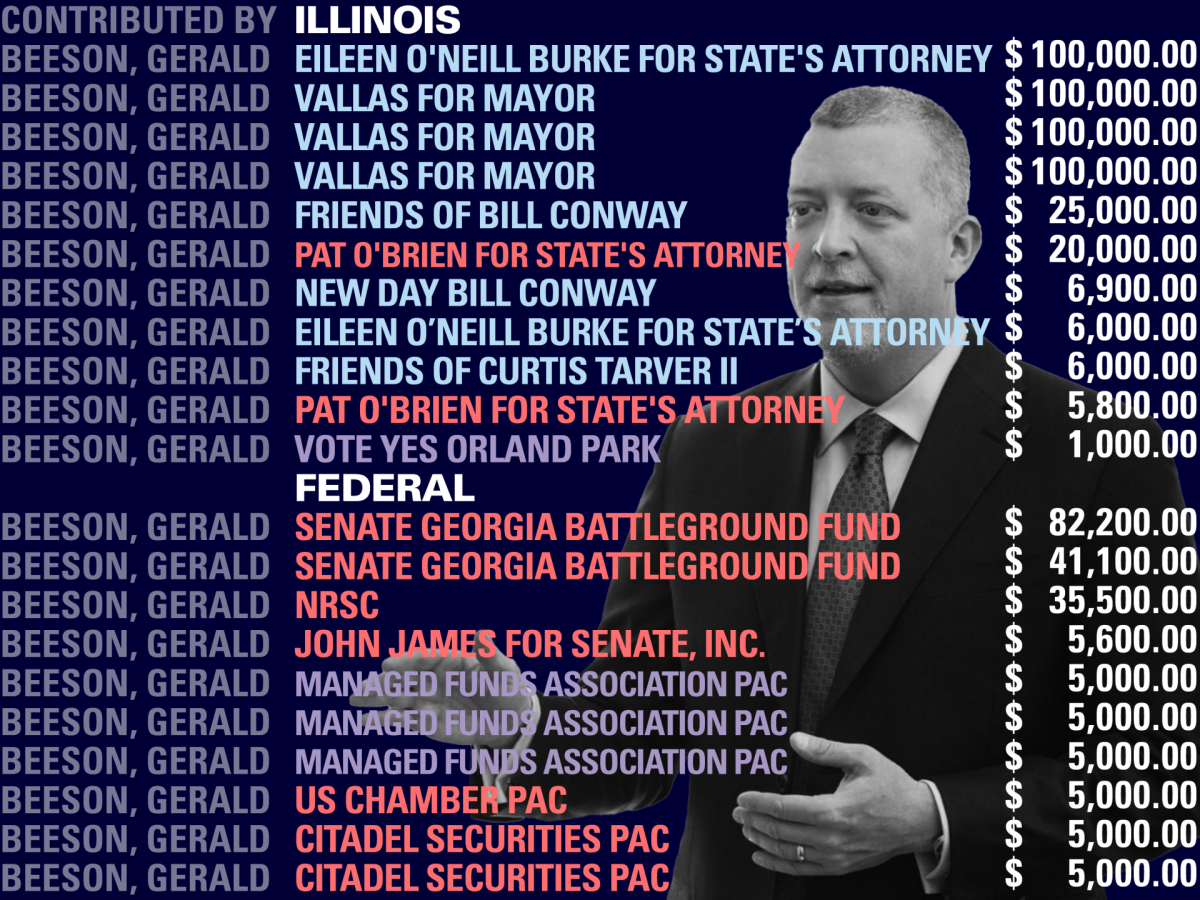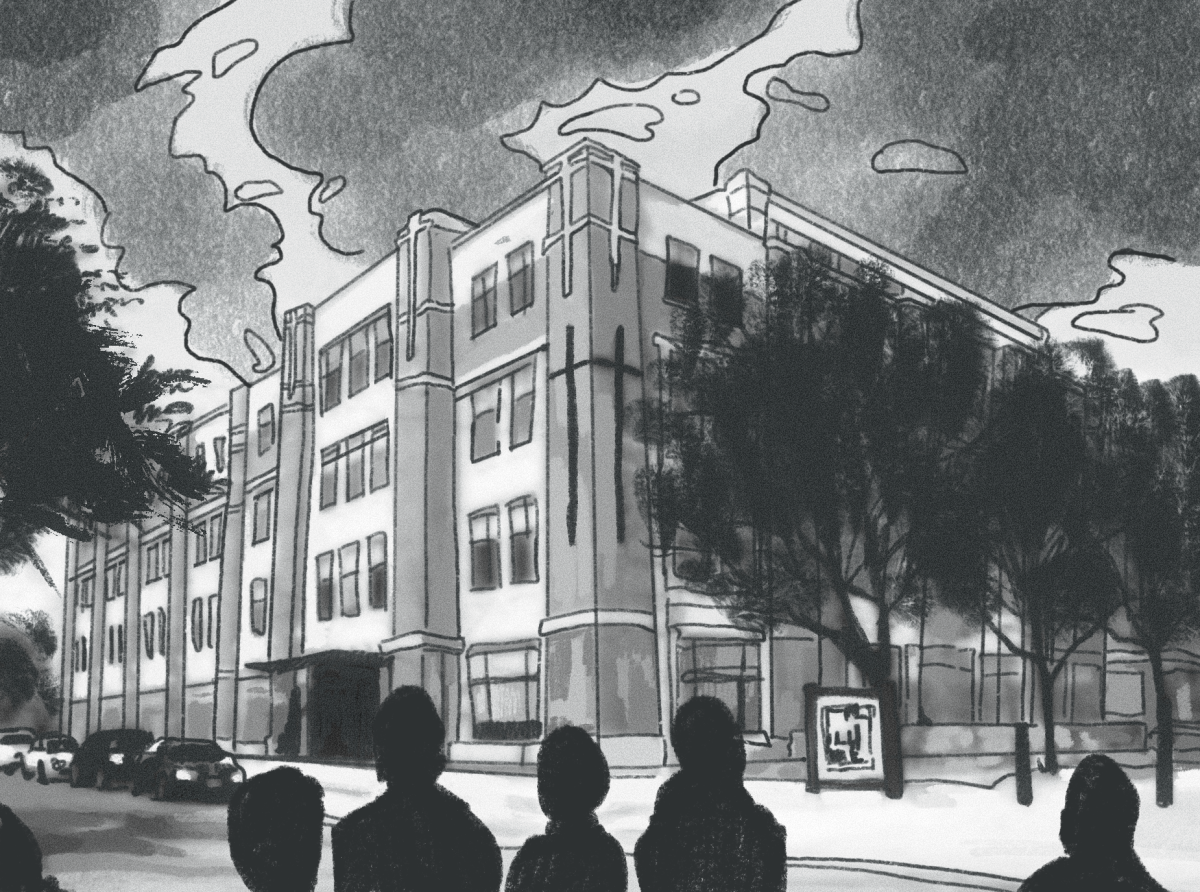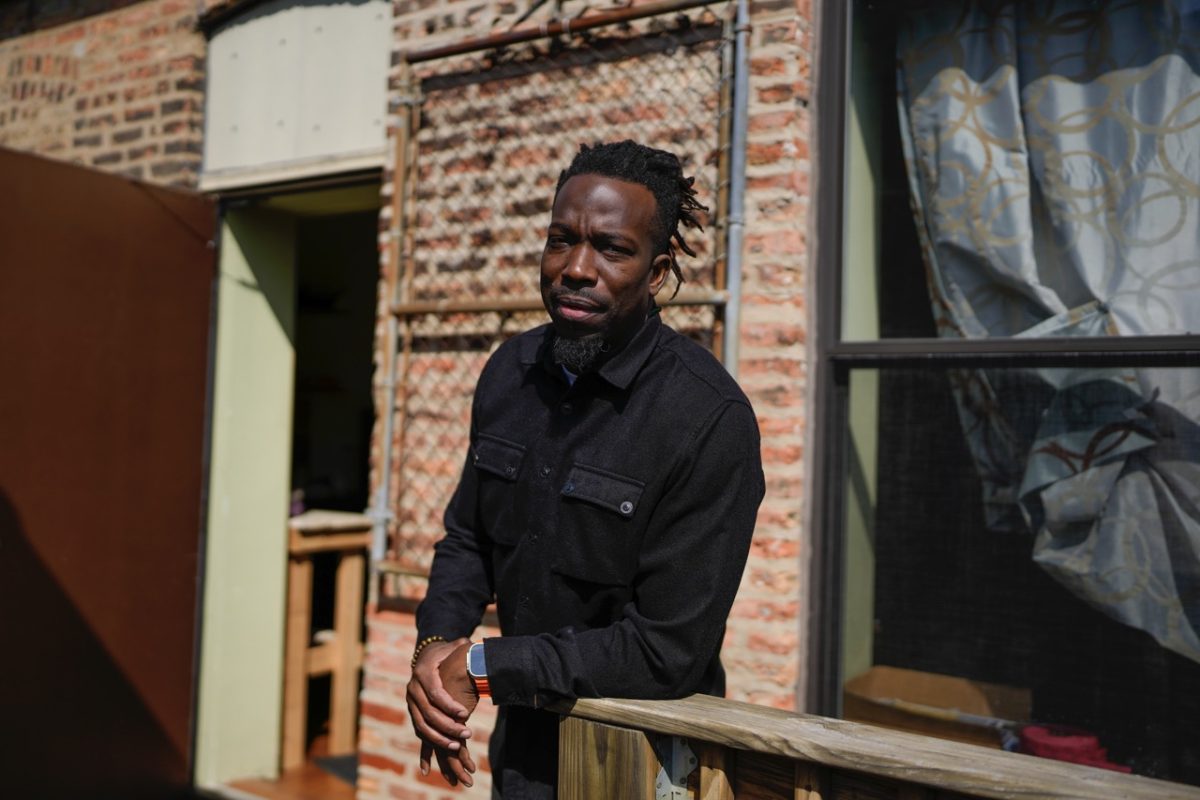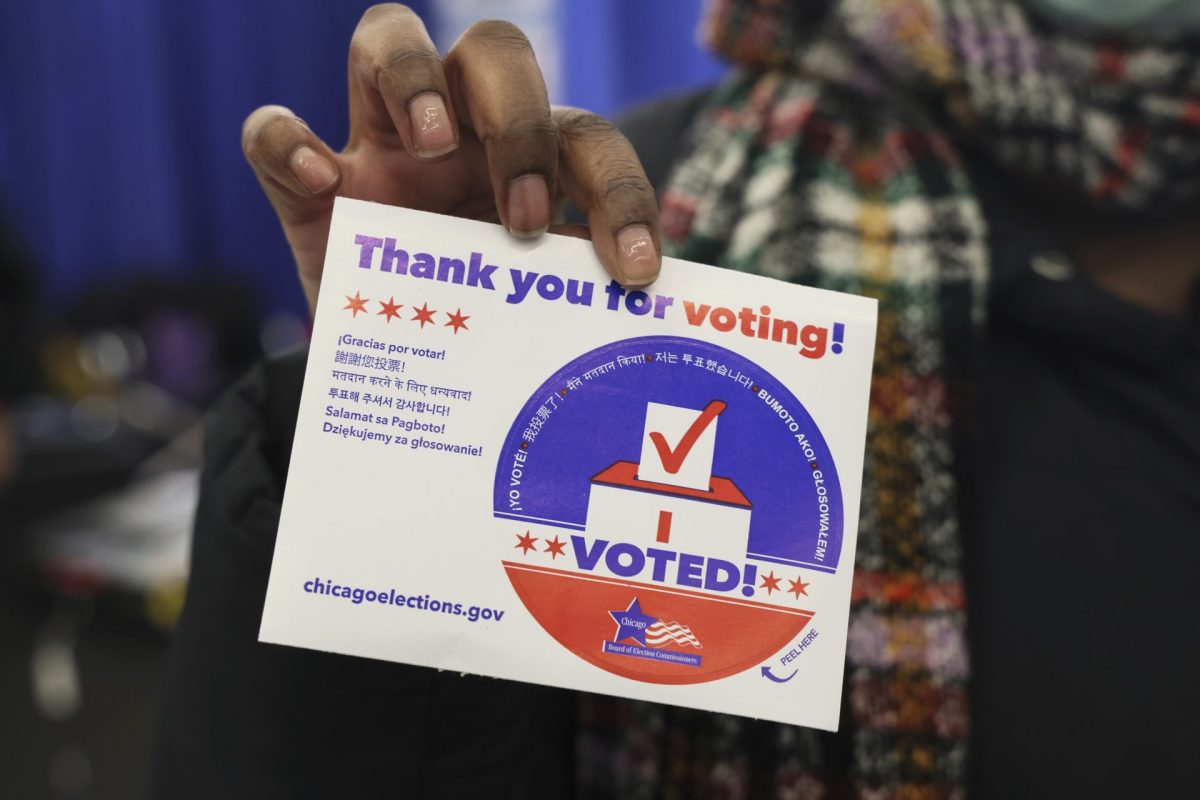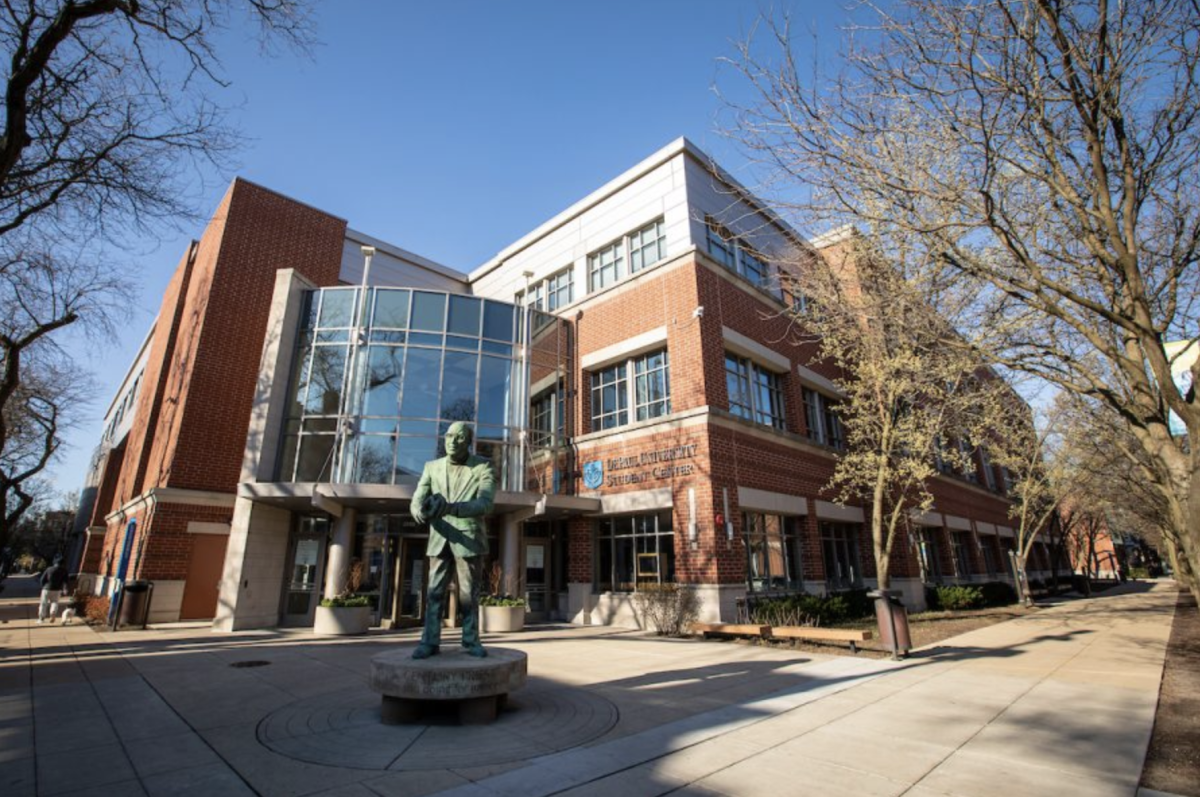[vc_row full_width=”stretch_row_content” css=”.vc_custom_1460315812679{background-position: center !important;background-repeat: no-repeat !important;background-size: cover !important;}”][vc_column offset=”vc_hidden-md vc_hidden-sm vc_hidden-xs”][vc_row_inner css=”.vc_custom_1460315852722{background: #90aeb8 url(https://depauliaonline.com/wp-content/uploads/2016/04/undocumented-cover-online2.jpg?id=21273) !important;background-position: center !important;background-repeat: no-repeat !important;background-size: cover !important;}”][vc_column_inner][vc_empty_space height=”950px”][/vc_column_inner][/vc_row_inner][/vc_column][/vc_row][vc_row full_width=”stretch_row_content” css=”.vc_custom_1460315748604{background-position: center !important;background-repeat: no-repeat !important;background-size: cover !important;}”][vc_column offset=”vc_hidden-lg” css=”.vc_custom_1460315961463{background-color: #90aeb8 !important;background-position: center !important;background-repeat: no-repeat !important;background-size: cover !important;}”][vc_single_image image=”21273″ img_size=”1800×1000″ alignment=”center” css=”.vc_custom_1460315094906{background-color: #90aeb8 !important;background-position: center !important;background-repeat: no-repeat !important;background-size: cover !important;}”][/vc_column][/vc_row][vc_row][vc_column][vc_column_text]
Not having U.S. citizenship doesn’t stand in the way of a college education
By Jessica Villagomez
[/vc_column_text][/vc_column][/vc_row][vc_row][vc_column width=”2/3″][vc_column_text]
[dropcap]T[/dropcap]he first memory Veronica has is seeing her mom for the first time in a year and a half in a Chicago airport. The DePaul senior doesn’t remember the face of the man who posed as her father and drove her and her older sister from their home of Acapulco, Mexico to Texas.
Veronica, who requested her last name be kept private, vaguely remembers meeting with her actual father in Texas and taking a flight to Chicago with him and her sister. But everything else is a blur of images seen through her then four-year-old eyes or bits and pieces of the story told to her by her sister.
Her life, to her best and most accurate memory, began in the United States.
Much of her family’s history before stepping on American soil remains a mystery to her. Probing questions are met with silence.
“They don’t really like sharing their stories,” Veronica said. She doesn’t know when her family’s memories began. She occasionally hears stories about crossing the border, but her relatives don’t offer up that part of their history.
For many undocumented families, silence is the safest strategy to surviving in the U.S. In reaching the promised land, parents like Veronica’s shield their children from their legal status. They hope their children’s memories will begin in the United States.
It wasn’t until undocumented students came up in national conversations about immigration rights in early 2006 that Veronica learned of her status.
“As a child, I didn’t know that we were undocumented,” Veronica said. “When I was in middle school, undocumented status came up in conversations in the news — it was a huge conversation starting about undocumented students — and I think my dad had recently told my sister and I that we were probably not going to be able to get our driver’s licenses.”
Today, Veronica has Deferred Action for Childhood Arrivals (DACA), an initiative designed in 2012 to temporarily suspend the deportation of young people who were brought into the United States illegally as children, giving them a Social Security number. DACA allows for undocumented students to start a path towards normalcy, and hopefully, citizenship.
[/vc_column_text][/vc_column][vc_column width=”1/3″ offset=”vc_hidden-xs”][vc_empty_space height=”300px”][vc_row_inner css=”.vc_custom_1460171804964{background-color: #90aeb8 !important;}”][vc_column_inner][vc_custom_heading text=”“As a child, I didn’t know we were undocumented.“” font_container=”tag:h1|font_size:43px|text_align:center” google_fonts=”font_family:Lora%3Aregular%2Citalic%2C700%2C700italic|font_style:700%20bold%20regular%3A700%3Anormal” css=”.vc_custom_1460170358602{background-color: #90aeb8 !important;}”][/vc_column_inner][/vc_row_inner][/vc_column][/vc_row][vc_row full_width=”stretch_row_content” css=”.vc_custom_1460219817871{background-color: #90aeb8 !important;background-position: center !important;background-repeat: no-repeat !important;background-size: cover !important;}”][vc_column][vc_single_image image=”21355″ img_size=”large” alignment=”center”][/vc_column][/vc_row][vc_row][vc_column][vc_column_text]Veronica at 2 years old with her then 4-year-old sister in Mexico.[/vc_column_text][/vc_column][/vc_row][vc_row][vc_column][vc_row_inner][vc_column_inner][vc_column_text]
FINDING HER PLACE
Veronica never thought college was ever an option.
After moving from suburb to suburb, Veronica and her family settled in Aurora, Illinois. The contrast between her high school, Aurora East, and primarily white high schools like Naperville’s Neuqua Valley was stark. It created an atmosphere where she said she felt like her high school was looked down upon for being majority Latino.
Wealth disparities among high schools and a disconnect with the community made Veronica feel different from her peers. She also said there was a point in her life when she wanted to change her name so that people would think she was white.
[/vc_column_text][/vc_column_inner][/vc_row_inner][vc_row_inner][vc_column_inner width=”1/3″ css=”.vc_custom_1460221486848{background-color: #90aeb8 !important;}”][vc_column_text]
DACA
What: Deferred Action for Childhood Arrivals is an initiative designed in 2012 to temporarily suspend the deportation of young people. Renewable every two years.
Who: People who were unlawfully brought to the United States as children and meet certain education and age requirements
DREAM Act
What: Development, Relief, and Education for Alien Minors (DREAM) is a legislative proposal first introduced to the Senate in 2001 for undocumented youth to earn their legal status after a lengthy process. As of 2016, it hasn’t passed.
Who: Only applies to individuals who unlawfully entered the U.S. as children.
The difference
The DREAM act would be a long-term solution, allowing undocumented immigrants to achieve legal status.
[/vc_column_text][/vc_column_inner][vc_column_inner width=”2/3″][vc_column_text]
“There’s this internalized racism,” Veronica said. “I internalized a lot of the bad things people would say about the Latino community and started believing them about myself for a while.”
Before DACA allowed for her to eventually get a driver’s license and worker’s permit, Veronica’s undocumented status became a burden she resented in high school.
Though she had undocumented friends, she began to see some of her friends and classmates embark on a coming of age tale she wished was her own.
“It was frustrating to hear people like, ‘Oh I’m getting my license’ or ‘I’m getting
a car,’ ‘I’m getting my first job,’ knowing that was never going to be a traditional rite of passage for me,” she said.
Veronica grew up idolizing shows and movies about American teenagers working their first jobs and learning how to drive. “Knowing that I wasn’t going to be part of that, I kind of resented that in a way,” she said.
Despite the barriers to her success, Veronica was inspired by the resilience and dedication of her fellow undocumented peers. During her sophomore year in high school, Veronica participated in a student-led rally in Aurora for the rights of undocumented students and for the DREAM act.
“Finding out that other people are like you, you’re kind of whispering, like ‘Oh you are? So am I,’” she said. “It’s dangerous for people to know that because they could use it against you. People would make jokes about calling immigration on people all the time.”
According to WhiteHouse.gov, the Development, Relief and Education for Alien Minors (DREAM) Act is a legislative proposal first introduced to the Senate in 2001 for undocumented youth illegally brought to the U.S. It gives them the chance to contribute to the U.S. by joining the armed forces or pursuing a higher education. The DREAM act would allow for young people to earn their legal status after a lengthy process.
But the DREAM act was never passed.
Veronica said that her status and inability to consider luxuries like a college education reinforced her resentments.
“I thought that I wasn’t able to get a proper education because of my status. It was very defeating. It can definitely affect you in a negative way,” she said.
It wasn’t until Veronica’s junior year that the dream of potentially attending a four-year college or university began. “The career center at my high school was non-existent,” she said. “Our graduation rate was really bad, and our graduation student rate that went to college was also even worse.”
[/vc_column_text][/vc_column_inner][/vc_row_inner][/vc_column][/vc_row][vc_row full_width=”stretch_row” full_height=”yes” css=”.vc_custom_1460219690399{background-color: #90aeb8 !important;background-position: center !important;background-repeat: no-repeat !important;background-size: cover !important;}”][vc_column][vc_single_image image=”21363″ img_size=”full” alignment=”center” css=”.vc_custom_1460171701434{background-position: center !important;background-repeat: no-repeat !important;background-size: cover !important;}”][/vc_column][/vc_row][vc_row][vc_column][vc_column_text]Veronica, along with her sister and brother, at her high school graduation. [/vc_column_text][/vc_column][/vc_row][vc_row][vc_column][vc_column_text]
THE COST OF A DEPAUL EDUCATION
The application process for an undocumented student is long and tedious. Veronica only applied to institutions that didn’t require a Social Security number, limiting her to mostly private or in-state institutions. She applied to one out of state university as an exception.
“Most private schools don’t ask for Social Security numbers or don’t require one, but some out of state schools — Maryland was one of them I was looking at — I ended up not being able to apply to because I didn’t have a Social Security number at the time,” she said.
Veronica began to look more towards private schools because they could offer more scholarship money. She applied to Ohio State University, Northern Illinois University, University of Illinois-Chicago and DePaul. She was accepted to all four.
“Then, it was all about the money,” she said. Because undocumented students do not benefit from federal or state aid, Veronica depended on scholarships to help lessen the burden of out-of-pocket costs.
“I got this packet of scholarships and just highlighted all of the ones I wanted to apply to,” she said. “DePaul was basically my dream school. It was a reach because of the high tuition, but that was the school that I wanted to go to.”
Veronica applied to external and internal scholarships, and weighed her college options based off the money each institution could offer her. The process took about four or five months.
DePaul became more of a reality once Veronica received a merit scholarship and a community service scholar’s award, which covered more than half of her tuition.
“I started applying to all the private scholarships and got one for $4,000 and $1,000, $2,000, a bunch of little ones,” Veronica said. Her father, who covers her out-of-pocket tuition costs, paid about $6,000 for her freshman year after external and internal scholarships.
But her out-of-pocket costs increase each year while her scholarship money diminishes. She had to pay closer to $8,000 for her sophomore year, and $11,000 to $12,000 for both her junior and senior years.
“It becomes an issue because most of the resources are for freshmen to get you in the door, I guess,” she said. “But it’s a lot harder to find scholarships as a junior or senior.”
Veronica said there is a lack of scholarships due to the high demand and competition. “There’s still that need, but also balancing college, working part time and homework and scholarship applications. I missed so many deadlines for applications I wanted to do, but I also wanted to do really well in my classes and I also had to pay for rent, so it also put a lot of pressure on me,” she said.
“There’s kind of that expectation that you have to be extraordinary as an undocumented student to be worthy of any kind of scholarship,” she said.
[/vc_column_text][/vc_column][/vc_row][vc_row full_width=”stretch_row” full_height=”yes” css=”.vc_custom_1460219690399{background-color: #90aeb8 !important;background-position: center !important;background-repeat: no-repeat !important;background-size: cover !important;}”][vc_column][vc_single_image image=”21405″ img_size=”large” alignment=”center” css=”.vc_custom_1460220678166{background-position: center !important;background-repeat: no-repeat !important;background-size: cover !important;}”][/vc_column][/vc_row][vc_row][vc_column][vc_column_text]Veronica will finish her degree at DePaul within the next year. (Mariah Woelfel / The DePaulia)[/vc_column_text][/vc_column][/vc_row][vc_row][vc_column][vc_column_text]
DEPAUL’S POSITION
As DREAM activism peaked across the country in 2011, the university decided they wanted to take a stance on the issue and respond to potential student concerns. Vice President for Institutional Diversity and Equity Elizabeth Ortiz was a member of a DePaul coalition formed to help undocumented students at DePaul.
“At the same time it was heating up around the country, the president (of DePaul) and I said, ‘We need a comprehensive effort, we need to get people around the table to find out what we’re doing, how we’re doing it and really assist our students,’” Ortiz said.
That’s when a coalition of offices formed to create the DREAM Resource Guide, a 25-page document outlining resources available to undocumented students, including financial aid, advising and other resources within DePaul and in Chicago.
The effort was a collaboration between the Office of Mission and Values, University Ministry, the Office of Institutional Diversity and Equity Students Affairs, Croak Legal Services, the Office of the General Council, the Office of Multicultural Student Affairs and Student Government Association.
Though sections for new legislation have been added, the guide has not been updated since its creation in 2011. Ortiz said changing legislation and possible legal outcomes can determine the future of undocumented students and have put updates on the guide on hold.
“Right now DACA and DAPA are being challenged in the Supreme Court and it’s supposed to be heard this spring, so in a way it’s put all this advocacy work on hold,” Ortiz said. “We are planning to meet soon to see what has changed and if there’s anything to update soon.”
Ortiz estimates the guide will be updated by the end of the academic year.
“At any moment the Supreme Court is going to review DACA and DAPA and see if it will be upheld or if it will be ruled unconstitutional, so we are waiting for that,” Ortiz said. “All of higher education are holding our collective breath. It’s pretty hard to move forward with new initiatives when in six months from now there will be a new law.” In addition to creating the guide, an alternative financial aid form was created because undocumented students need to apply for financial help from DePaul and cannot utilize FAFSA.
Students do not have to disclose their legal status, but Ortiz estimates there are about 100 to 200 undocumented students at DePaul. “There’s always a real risk for a student coming out and to say ‘I’m undocumented,’ and so many cases, once they declare and it’s known, there’s a potential for deportation. We are not required as university officials to report a student, but it’s still very scary,” Ortiz said.
DePaul has been vocal about its support of undocumented students. In 2010, DePaul President Rev. Dennis Holtschneider, C.M., spoke at the Justice for Immigrants National Convening, stating DePaul’s continuous support for undocumented students.
“DePaul rarely takes political stands. This is, in fact, the first time in recent memory that we’ve ever done so, but we’ve decided to take a strong and public stand for the Dream Act,” Holtschneider said at the time. “Regardless of party or ideology, we believe the Dream Act is smart social policy and has a significant payoff for the country in the long run. We also know the young people who it will benefit and we know that they are great young people who will build this nation’s future.”
[/vc_column_text][vc_row_inner][vc_column_inner width=”2/3″][vc_column_text]
But actions speak volumes over statements and guides, Veronica said.
“They definitely need to update the undocumented student guide because I have tried to weave through that thing and it’s a mess,” Veronica said. “I think if someone is trying to get creative on how they’re going to come here, especially the tuition being so high, and not having access to FAFSA or any other government grants or funds, that should be the main resource that undocumented students should have here, it should be the go to like ‘This is what I need, these are the scholarships I’m going to apply to.’ It shouldn’t be a process in itself.”
Veronica said there have been scholarships she found on the guide that had been expired, making the process more difficult than it should be.
“Going to college for us is already a really hard process,” Veronica said. “Being pinballed around from legal services here to another legal service in Chicago for DACA application makes the process a lot longer and is just not helping.
“The university is like ‘Oh we have all these guides,’ but it hasn’t been updated in five years so, you can say all these things,’ but there’s a difference in maintaining that reputation and actually following through with the statements and things you promote for undocumented students.”
Director of DePaul’s Croak Student Legal Services Sarah Baum said legislation plays a crucial role in the story of undocumented students.
“DACA is interesting because it’s not exactly granting you legal status in the United States — it’s deferring,” Baum said. Students protected under DACA, who undergo background checks and must have lived in the U.S. for a certain number of years, are not prioritized for deportation, she said.
“The government has basically made this declaration saying, ‘We’re not going to come after you for deportation,’” Baum said.
Veronica qualified and applied for DACA as soon as it was passed in 2012.
“My sister, cousin and I met up that early at 6 a.m. and then went downtown and the line was so long,” she said. “The line was unreal. There were thousands of people there.”
They couldn’t process their applications then, but three months later she had permission to work and a Social Security card. She was 18 years old.
Baum said the terms, “DREAMer” and DACA often get interchanged, but that legally, DACA was inspired by the DREAM act.
“I haven’t talked to that many students on this issue, which surprises me because when DACA first came about I think there was a big push here at DePaul,” Baum said. In spite of changing legislation and DACA, she hadn’t interacted with many students at DePaul that disclosed their status or need help filing for DACA.
“In the case of immigration, it’s such a highly specialized area and constantly changing, that I tend to do mostly referrals in that area,” Baum said. She doesn’t represent students in court but gives them free legal advice and referrals to affordable attorneys around Chicago.
Veronica said an application for DACA is $465 in addition to potential lawyer fees for filing. The cost can reach more than $600.
Though Veronica is graduating within the next year, the story of an undocumented student at DePaul continues. Her younger cousin is planning to attend DePaul, and she worries about the struggles he might face.
“He thinks it’s possible for him as an undocumented student to come here, and have support and have resources and I don’t really have the heart to tell him that’s not the case for everyone,” she said. “I got really lucky here.”
[/vc_column_text][/vc_column_inner][vc_column_inner width=”1/3″ offset=”vc_hidden-xs”][vc_custom_heading text=”“Going to college for us is already a really hard process.“ ” font_container=”tag:h1|font_size:43px|text_align:center” google_fonts=”font_family:Lora%3Aregular%2Citalic%2C700%2C700italic|font_style:700%20bold%20regular%3A700%3Anormal” css=”.vc_custom_1460221084192{background-color: #90aeb8 !important;}”][vc_empty_space height=”400px”][vc_single_image image=”21383″ img_size=”large”][vc_column_text]Veronica and her family. [/vc_column_text][/vc_column_inner][/vc_row_inner][/vc_column][/vc_row][vc_row full_width=”stretch_row_content_no_spaces” css=”.vc_custom_1460171310806{background-color: #90aeb8 !important;}”][vc_column width=”1/4″][/vc_column][vc_column width=”1/2″][vc_column_text css=”.vc_custom_1460337283525{background-position: center !important;background-repeat: no-repeat !important;background-size: contain !important;}”]
Credits
Story by Jessica Villagomez, News Editor
Slideshow and video by Mariah Woelfel, Multimedia Editor
Illustration by Carolyn Duff, Design Editor
Online layout by Kirsten Onsgard, Digital Managing Editor
Photos courtesy of Veronica[/vc_column_text][vc_empty_space height=”100px”][/vc_column][vc_column width=”1/4″][/vc_column][/vc_row]





